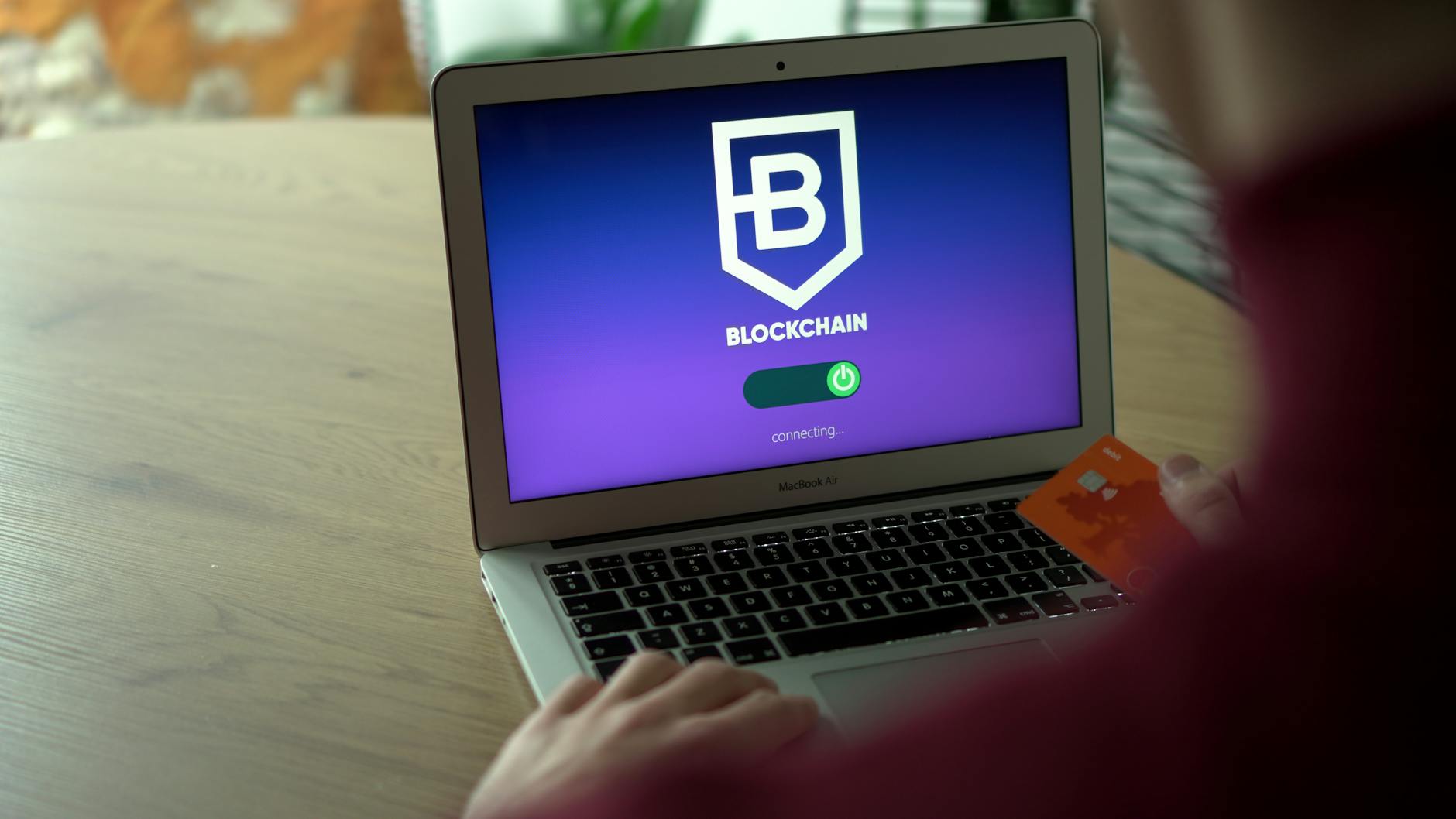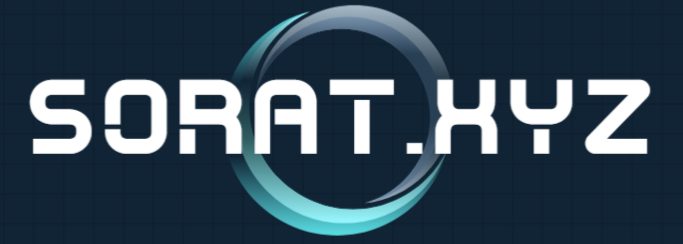Blockchain keeps records of transactions on a public ledger that anyone can check. Tracking these transactions is key for keeping things transparent and secure. With the right tools, you can follow the path of every transfer, spot errors, and verify details without digging through complex data.
This post will show you how blockchain transaction trackers work and why they matter for anyone using cryptocurrencies or exploring blockchain tech. Understanding these tools helps you stay informed and confident in how digital money moves.
What Are Blockchain Transaction Tracker Tools?
Blockchain transaction tracker tools are like the maps and magnifying glasses of the blockchain world. They help you follow the path of digital transactions on a blockchain network with ease. These tools provide an organized and user-friendly way to view transaction records, wallet balances, and movement of cryptocurrencies. Instead of sifting through complex code and raw data on the blockchain, transaction trackers give you a clear snapshot of what’s happening. Whether you’re verifying a transfer, checking for confirmations, or monitoring wallet activity, these tools bring transparency to the process.
Core Features of Blockchain Transaction Trackers
At their core, blockchain transaction trackers connect you directly to the blockchain ledger but in a way that feels simple and useful. They usually include these key features:
- Transaction History: Every transfer ever made linked to a specific address or transaction ID is stored here. You can browse details like timestamps, amounts, sender and receiver addresses, and confirmation status.
- Wallet Tracking: This allows users to input wallet addresses and watch all incoming and outgoing transactions over time. It’s especially useful for tracking asset movements or portfolio changes.
- Real-Time Updates: Many trackers update instantly as new blocks get added, providing current transaction statuses without delay.
- Analytics and Insights: Some tools offer graphs, charts, and metrics like transaction volume, fee estimates, or network congestion to help you understand trends and patterns on the blockchain.
These features make tracking transactions as straightforward as checking your online bank statement, yet with the added power of global transparency.
How Transaction Trackers Enhance Transparency and Security
Using a blockchain transaction tracker is like having a security camera on your digital wallet. It helps confirm that transactions are genuine and truly recorded on the blockchain. By making transaction data publicly accessible and easy to verify, these tools reduce risks like fraud or errors.
Here’s how they add value:
- Verification of Transactions: You can confirm whether a payment has been sent, received, or confirmed on the blockchain. This helps prevent disputes and ensures the transaction has actually taken place.
- Fraud Detection: Suspicious activities, such as double spends or unauthorized transfers, can be spotted quickly through inconsistencies visible on public trackers.
- Accountability: Knowing that transactions are transparent discourages bad behavior, since activities on the blockchain are visible to anyone using a tracker.
- Security Checks: Users can verify details like the number of confirmations for a transaction, a key factor in determining its trustworthiness on many blockchains.
With these tools, anyone—whether a casual user or a professional—can follow transactions closely and feel confident in the security of their blockchain dealings.

Photo by Morthy Jameson
Popular Blockchain Transaction Tracker Tools and Platforms
When it comes to tracking blockchain transactions, some tools stand out because they offer clear, accurate, and user-friendly views into different networks. Each blockchain has its quirks and features, so the trackers built around them focus on what matters most for that specific ecosystem. Here’s a look at a few of the most popular platforms that help you follow transactions across the major blockchains.
Etherscan for Ethereum: Features, usage, and benefits specific to Ethereum network tracking
Etherscan is the go-to tracker for anything related to Ethereum. It acts like a comprehensive directory for all Ethereum activity, from simple token transfers to complex smart contract executions. If you want to see where your Ether or ERC-20 tokens went, Etherscan pulls up exact times, amounts, gas fees, and even contract details.
Some key features of Etherscan include:
- Real-time transaction tracking with clear confirmation counts.
- Detailed smart contract interaction history to verify token swaps or DeFi actions.
- Support for viewing ERC-20, ERC-721 (NFTs), and other token standards.
- Tools to review wallet balances, token holdings, and even pending transactions.
- Ability to search by wallet address, transaction hash, or block number.
Using Etherscan makes it easy to verify transactions without guessing. It’s like having a microscope for Ethereum’s blockchain that reveals every detail cleanly and quickly.

Photo by Morthy Jameson
Blockchain.com Explorer for Bitcoin: Highlight key functionalities tailored for Bitcoin transactions
For Bitcoin users, Blockchain.com Explorer remains a staple. It’s focused tightly on Bitcoin’s unique structure and transaction process. The platform gives you a clear look at Bitcoin blockchain data without extra layers that might confuse users.
What makes Blockchain.com Explorer useful:
- Simple interface showing block height, confirmations, and transaction fees.
- Ability to track BTC movements by address or transaction ID.
- Tools to monitor unconfirmed or pending transactions.
- Detailed breakdown of each transaction’s inputs and outputs.
- Historical data and charts for Bitcoin’s overall network activity.
If you’re dealing with Bitcoin and want a straightforward, no-nonsense way to check your payments or monitor a wallet’s activity, this explorer is solid and reliable. It focuses on the essentials to keep Bitcoin tracking easy and accessible.
Tronscan and BscScan for Other Major Chains: Brief overview of trackers for Tron and Binance Smart Chain
While Ethereum and Bitcoin dominate, other blockchains have grown fast, and their transaction trackers are catching up.
- Tronscan serves the Tron blockchain, a platform known for fast transactions and lower fees. Tronscan offers a neat interface to explore TRX transfers, smart contract calls, and token statistics within Tron’s ecosystem. It supports wallet tracking, token details, and even voting or governance tracking on Tron’s DAO-like system.
- BscScan is the Binance Smart Chain equivalent of Etherscan. Since BSC copies much of Ethereum’s structure, BscScan provides nearly identical tools but optimized for BSC’s faster and cheaper transactions. It’s key for users dealing with Binance tokens, DeFi platforms, or NFT projects on BSC.
Both tools keep interfaces clean and data accurate, making it easy to explore activities beyond Ethereum and Bitcoin without learning a brand-new system.
These platforms show how blockchain transaction tracking is adapting as more chains grow popular. You can trust them to provide the clarity and detail needed across multiple blockchains.
